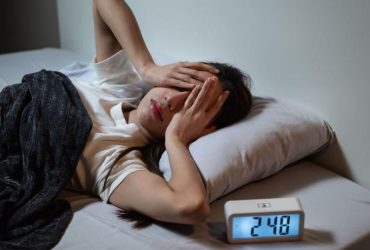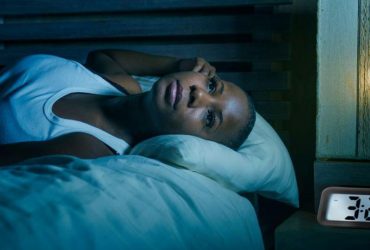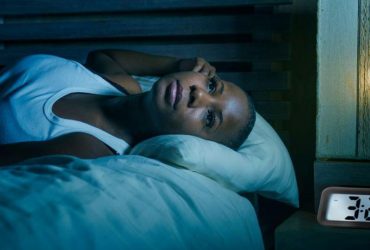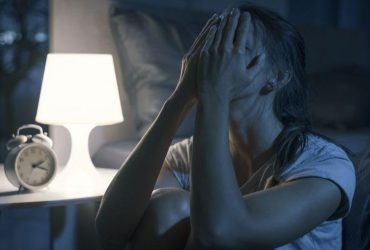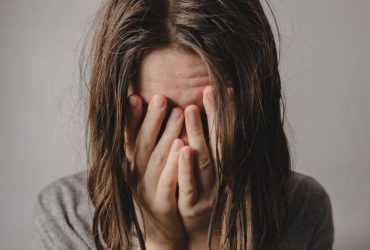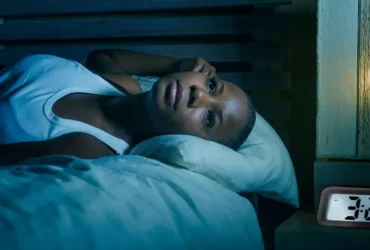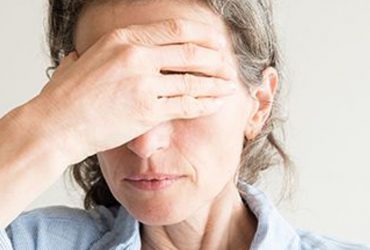Insomnia was more consistently associated with worries about the pandemic than exposure to COVID-19 risk factors
8.4 percent of adults took sleep meds every day or most days in last 30 days; women were more likely to take sleep meds than men
Almost one-quarter of adults sleep less than seven hours on workdays
Middle-aged and older adults with insomnia more likely to report memory decline over subsequent three years
Nurse-led group cognitive behavioral therapy had no effect on objective sleep measures but did improve patient-reported secondary outcomes
Findings compared with a digital sleep diary app
Quality of sleep significantly improved compared with standard care alone or sham acupuncture
Additionally, nearly two-thirds report using sleep aids to fall asleep or stay asleep
Such interventions may help address known sleep health disparities, the authors say
Nighttime hot flashes, insomnia severity both down at four weeks versus placebo


